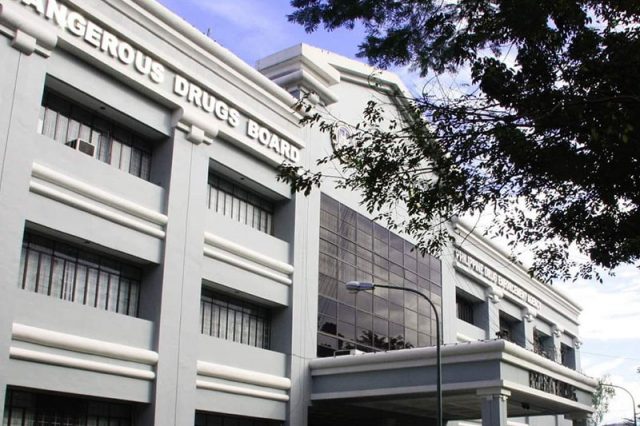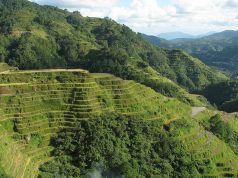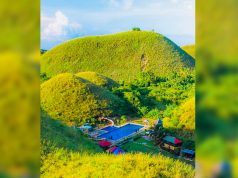
A government agency under the Office of the President clarified that it is not in any way related to the recent tourism campaign launch issue an advertising agency was involved in.
Dangerous Drugs Board, which has the abbreviations DBB, released an advisory amid people supposedly tagging the government agency in the incident in “several online posts, comments, and remarks.”
“Please be informed that the Dangerous Drugs Board (DDB) is not affiliated with or does not have any kind of business relationship with DDB Group Philippines, which is a private company providing advertising services,” it said on Sunday, July 2.
“The Dangerous Drugs Board (DDB) is a policy making and strategy formulating government agency on drug abuse prevention and control. Thank you very much,” the agency added.
DDB Group Philippines is the firm behind DDB Philippines, an advertising agency that the Department of Tourism (DOT) contracted to create the rebranded tourism campaign, “Love the Philippines.”
The agency later apologized after social media users discovered that the campaign video featured stock footage clips from other countries such as Thailand, Indonesia and the United Arab Emirates.
The clips were lifted from Storyblocks, a subscription-based stock footage website where users can access royalty-free clips, images, and audio for creative projects.
The advertising agency said that while it was an industry practice to use stock footage or non-original clips in mood videos, using foreign clips was “an unfortunate oversight” on its part.
A mood video is primarily used to elicit a specific emotion from the audience, like excitement or calmness.
“Proper screening and approval processes should have been strictly followed. The use of foreign stock footage in a campaign promoting the Philippines is highly inappropriate, and contradictory to the Department of Tourism’s objectives,” DDB Philippines said in a statement.
It also said that the audio-visual presentation was produced “at its own expense” and that “no public funds were released.”
The tourism campaign video has since been taken down on social media and other platforms.
RELATED: Issues hounding DOT’s ‘Love the Philippines’ tourism video earn global attention
The DOT has likewise terminated its contract with DBB Philippines following the incident.
The tourism agency said that the ad agency “has publicly apologized, taken full responsibility and admitted no uncertain terms, that non-original materials were used in their AVP, reflecting an abject failure to comply with their obligation/s under the contract and a direct contravention with the DOT’s objectives for the enhanced tourism branding.”
The DBB as government agency
Meanwhile, the DBB under the Office of the President is mandated to be the “policy-making and strategy-formulating body on drug prevention and control” in response to the Comprehensive Dangerous Drugs Act of 2002.
The Comprehensive Dangerous Drugs Act of 2002 mandates the government to “pursue an intensive and unrelenting campaign against the trafficking and use of dangerous drugs and other similar substances.”
According to its website, the DBB is expected to “develop and adopt a comprehensive, integrated, unified and balanced national drug abuse prevention and control strategy” in line with the Philippine law.
The government agency is “committed to stamping out the illicit supply of and demand for dangerous drugs and precursor chemicals, and to promote regional and international cooperation in drug abuse prevention and control.”









